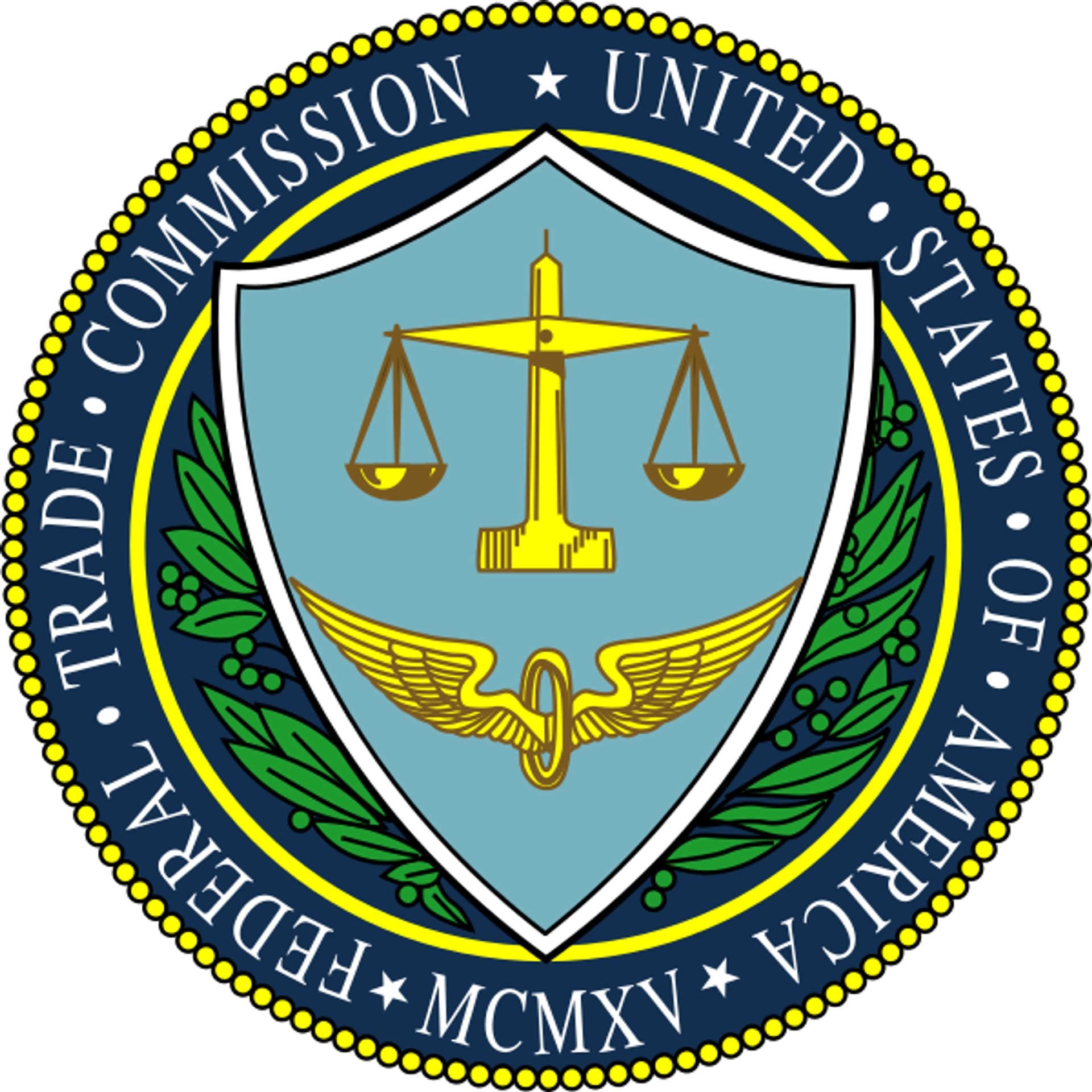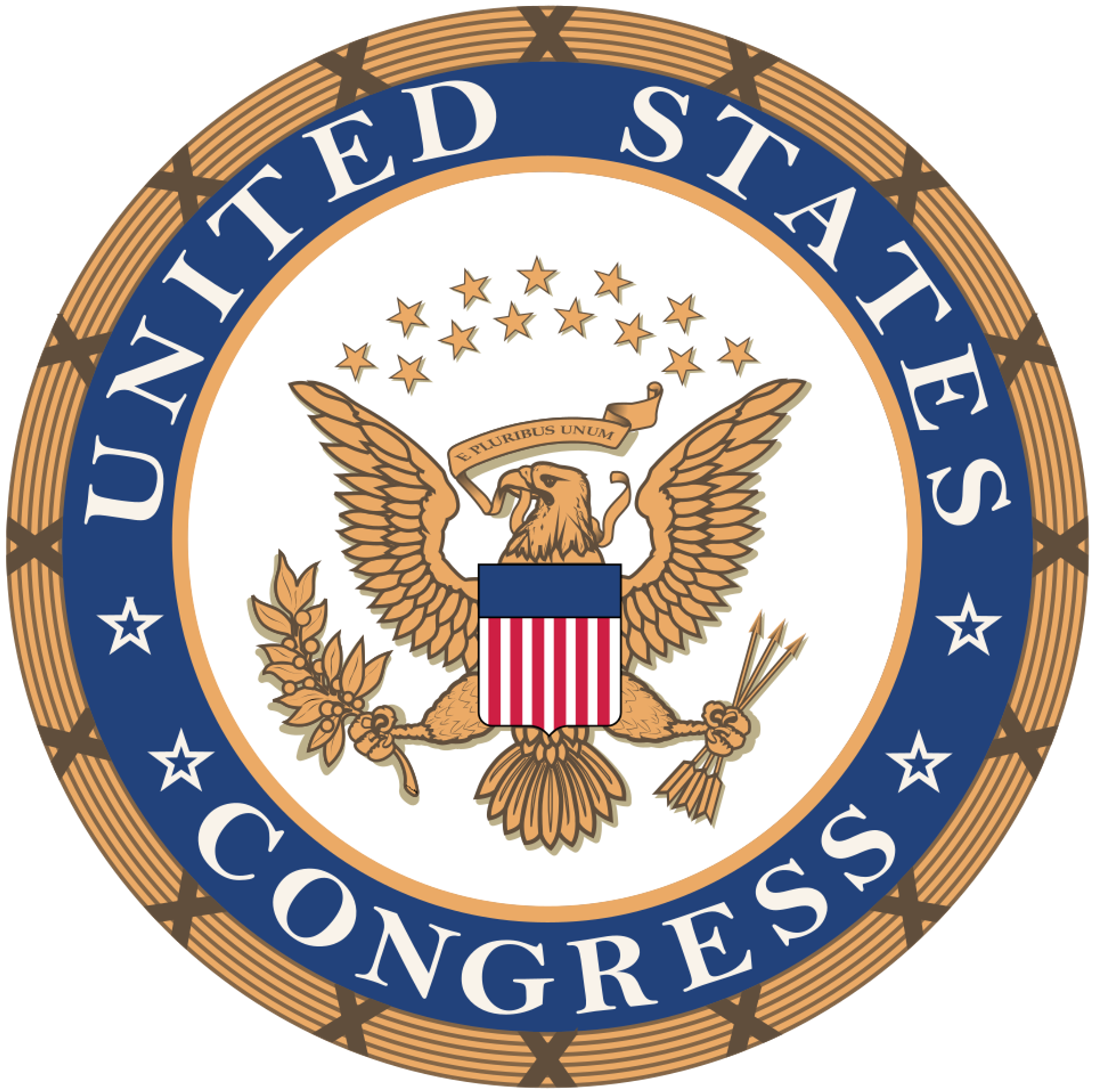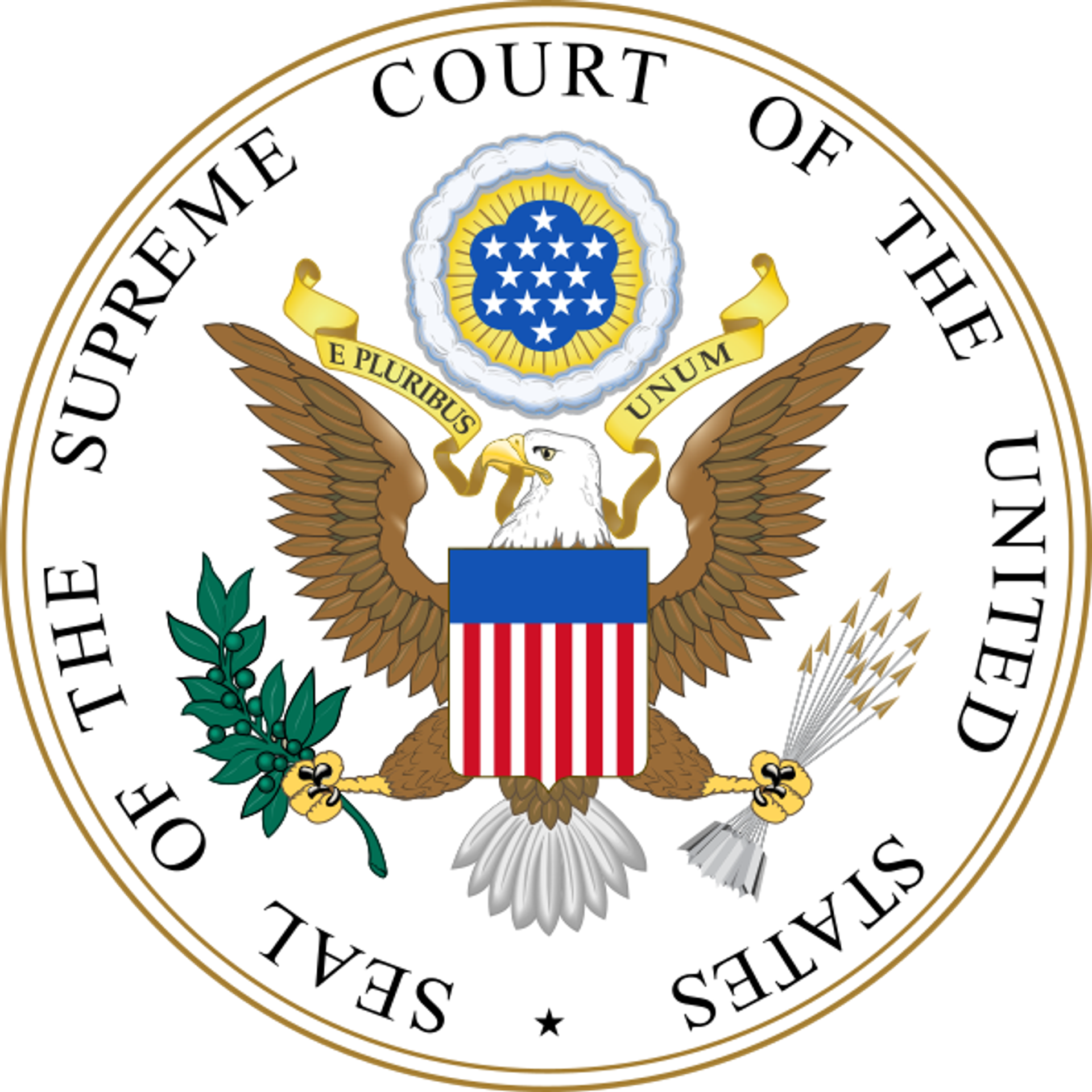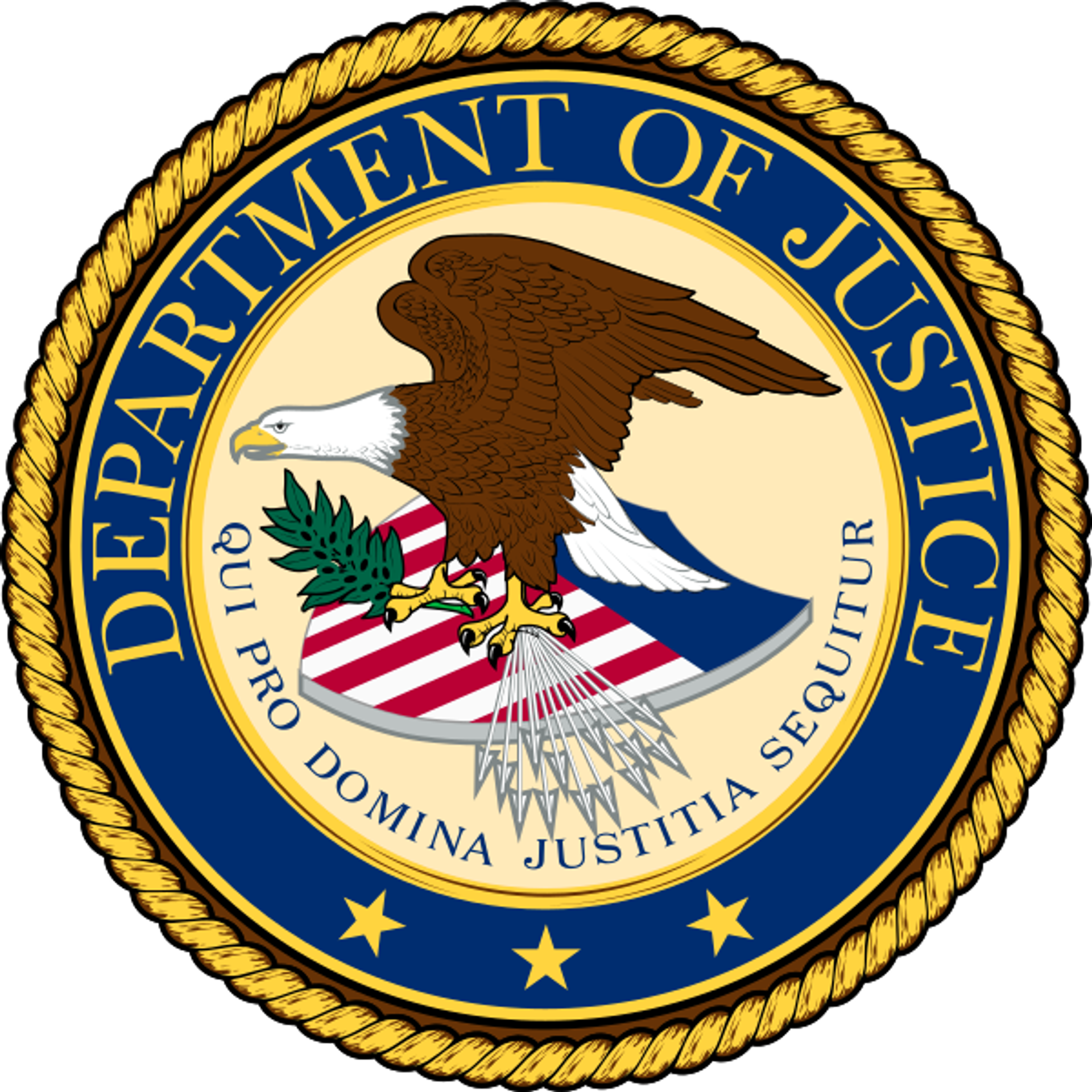
Federal Trade Commission
What do people say about Federal Trade Commission?
The Federal Trade Commission (FTC) is often criticized for its inefficiency and inability to enforce consumer protection laws effectively. Stakeholders argue that the agency is bogged down by red tape and lacks the necessary resources to tackle complex antitrust cases against large corporations. This perception is compounded by a growing sentiment that the FTC is failing in its duty to protect consumers in a fast-changing digital landscape. While some recognize its efforts to regulate monopolistic behaviors, many believe these actions are too little, too late, leading to a general distrust of the agency's capabilities.
Where are the conversations happening?
Analysis of various media sources indicates that discussions surrounding the FTC vary significantly. While some outlets acknowledge the agency's role in promoting consumer protection, the majority focus on its perceived shortcomings, particularly in antitrust enforcement. Critical discussions predominantly arise in business news outlets and consumer advocacy platforms, where the FTC is often portrayed as reactive rather than proactive, indicating a general disenchantment with its efforts.
What are the topics trending around Federal Trade Commission?
Emerging discussions around big tech regulation and antitrust lawsuits are gaining traction, particularly as more consumers and lawmakers call for stronger oversight of monopolistic practices.
Why are these topics trending?
The growing scrutiny of large technology companies has intensified debates about the FTC's role and effectiveness, as public demand for accountability and transparency increases. This trend indicates a potential shift in focus for the agency, highlighting the urgent need for reform to regain public trust.
How is Federal Trade Commission being talked about?
Detailed breakdown of public sentiment and conversations about this entity.
Impact vs Sentiment
See how each entity's high impact percentage relates to their positive sentiment percentage from actual mentions.




